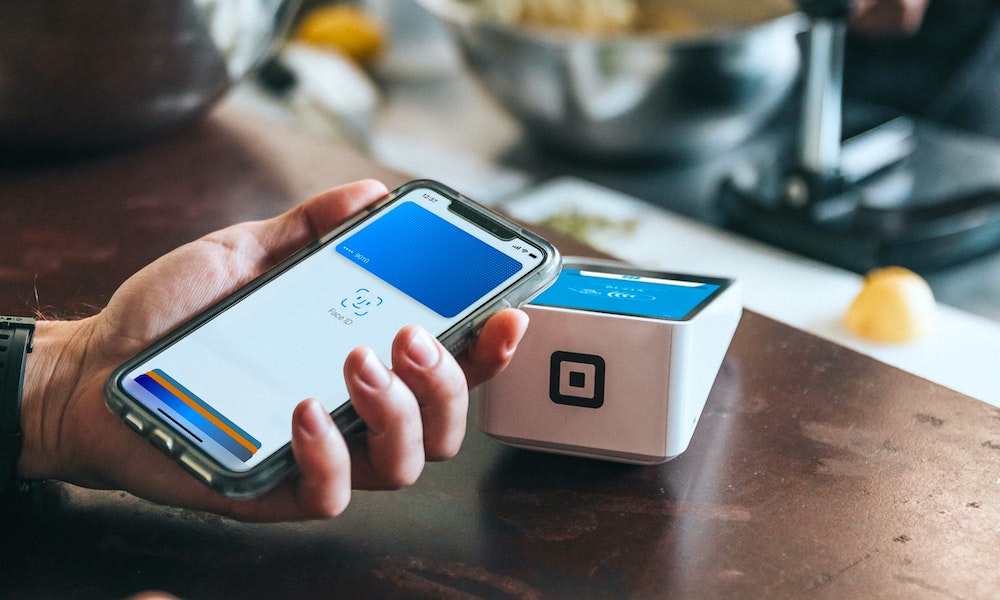Apple May Be Forced to Open Up Apple Pay to Third Parties — At Least in Europe
 Credit: Nathan Dumlao / Unsplash
Credit: Nathan Dumlao / Unsplash
Toggle Dark Mode
As much heat as Apple gets for its allegedly anticompetitive App Store practices, it’s far from the only area that legislators and government agencies are concerned with, and now European antitrust regulators are setting their sights on another closely-held Apple feature: Apple Pay.
The European Commission actually opened an investigation into Apple Pay last year, based on allegations that Apple is unfairly favouring its own payments platform and putting other payment processors at a disadvantage by blocking access to the NFC chip in the iPhone.
Now, according to Reuters, it appears that the EU competition enforcement agency has come to the decision that Apple is indeed guilty of “anticompetitive practices related to its NFC chip technology,” and is expected to bring charges against Apple sometime next year.
The European Commission is reportedly drafting a “statement of objections,” to set out its concerns, although it’s not yet clear what penalties Apple may face. Sources for the Reuters report suggested that it could force Apple to open up its mobile payment system to rivals in some way.
Apple’s NFC Rules
Although Apple has gradually loosened its hold on the NFC systems in the iPhone, banking and payment apps are still strictly verboten.
As with numerous other features that include everything from App Clips and CarPlay to the COVID-19 Exposure Notification system, developers must request “Entitlements” from Apple to be able to access the iPhone’s NFC hardware. However, even with the appropriate permissions, the CoreNFC framework that’s available to developers explicitly omits support for anything related to payment systems.
Core NFC doesn’t support payment-related Application IDs.
Apple Developer Documentation
This still leaves many cool things you can do with NFC, including programming your own NFC tags to trigger shortcuts. Developers can even build apps that let you reload transit fare cards. However, if a bank or credit card company wants to use the NFC chip, it’s Apple’s Wallet app or nothing.
Of course, it’s not the first time this issue has come up, but Apple Pay’s competitors may finally be gaining some traction. Australian banks have been fighting Apple on this issue from the very beginning, although without much success.
Further, an anti-money laundering law introduced in Germany in 2019 had the potential to force Apple’s hand, since it included a clause that would require “operators of electronic money infrastructure to offer access to rivals for a reasonable fee.” So far, however, the new legislation appears to have little impact in practical terms.
With the European Commission’s “statement of objections” still in the draft stages, it’s not clear if Europe’s antitrust regulators even know which approach they’re going to take at this point. Although they’ve clearly decided that Apple is “guilty” of anticompetitive conduct, sanctions could result in something as simple as a fine that could be written off by Apple as little more than a cost of doing business in Europe.
However, it’s also not the only front on which Apple is under antitrust scrutiny in Europe.
Other Antitrust Investigations
Apple has also come under fire in Europe for allegedly locking users into iCloud, and then of course there’s the case of Apple’s App Store, which remains a contentious issue that the EU has yet to fully sort out.
The European Commission did hand down one App Store ruling earlier this year. However, that was specifically tied to Apple Music, avoiding the larger question of the overall App Store market.
Instead, the Commission sided with a 2019 complaint by Spotify, finding that the commission fees that the App Store commission fees and anti-steering provisions put Apple’s music streaming rivals at an unfair disadvantage.






